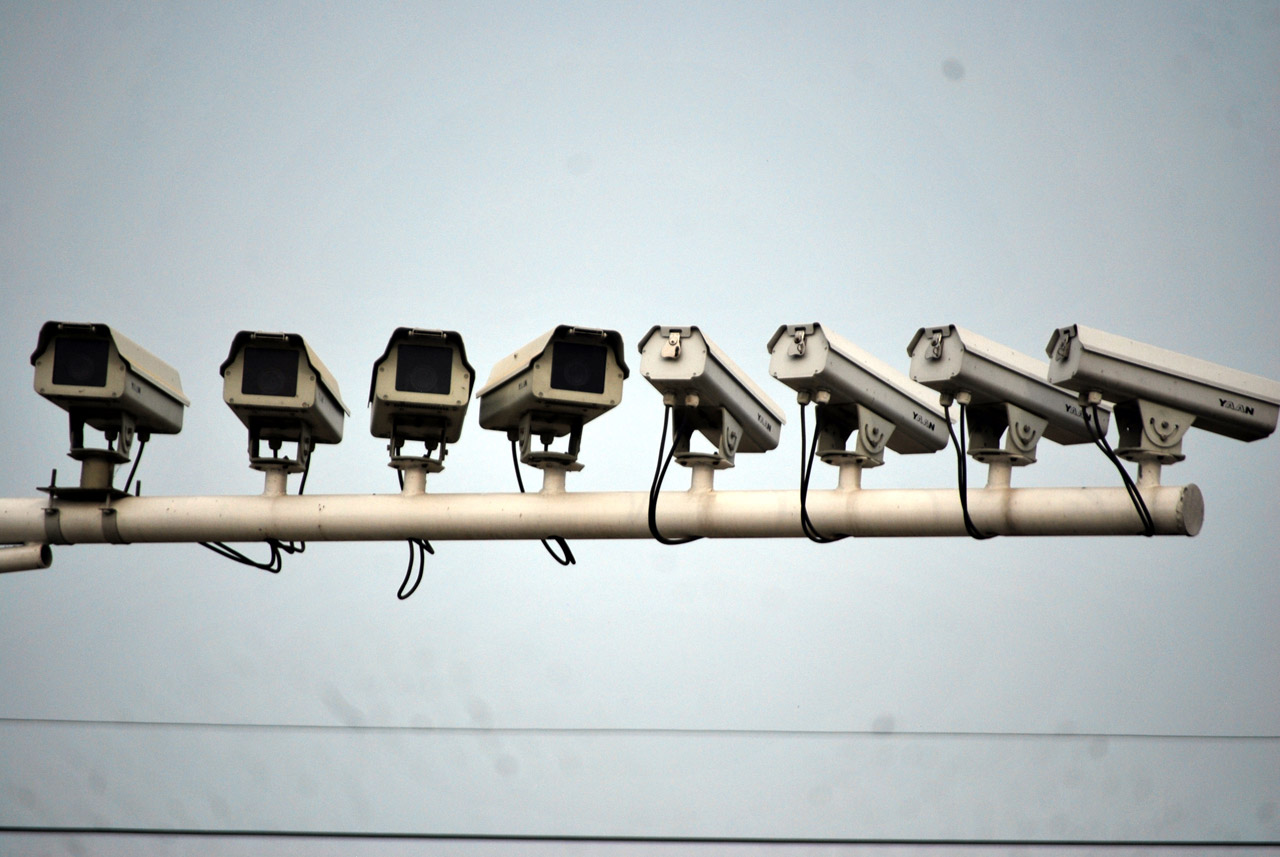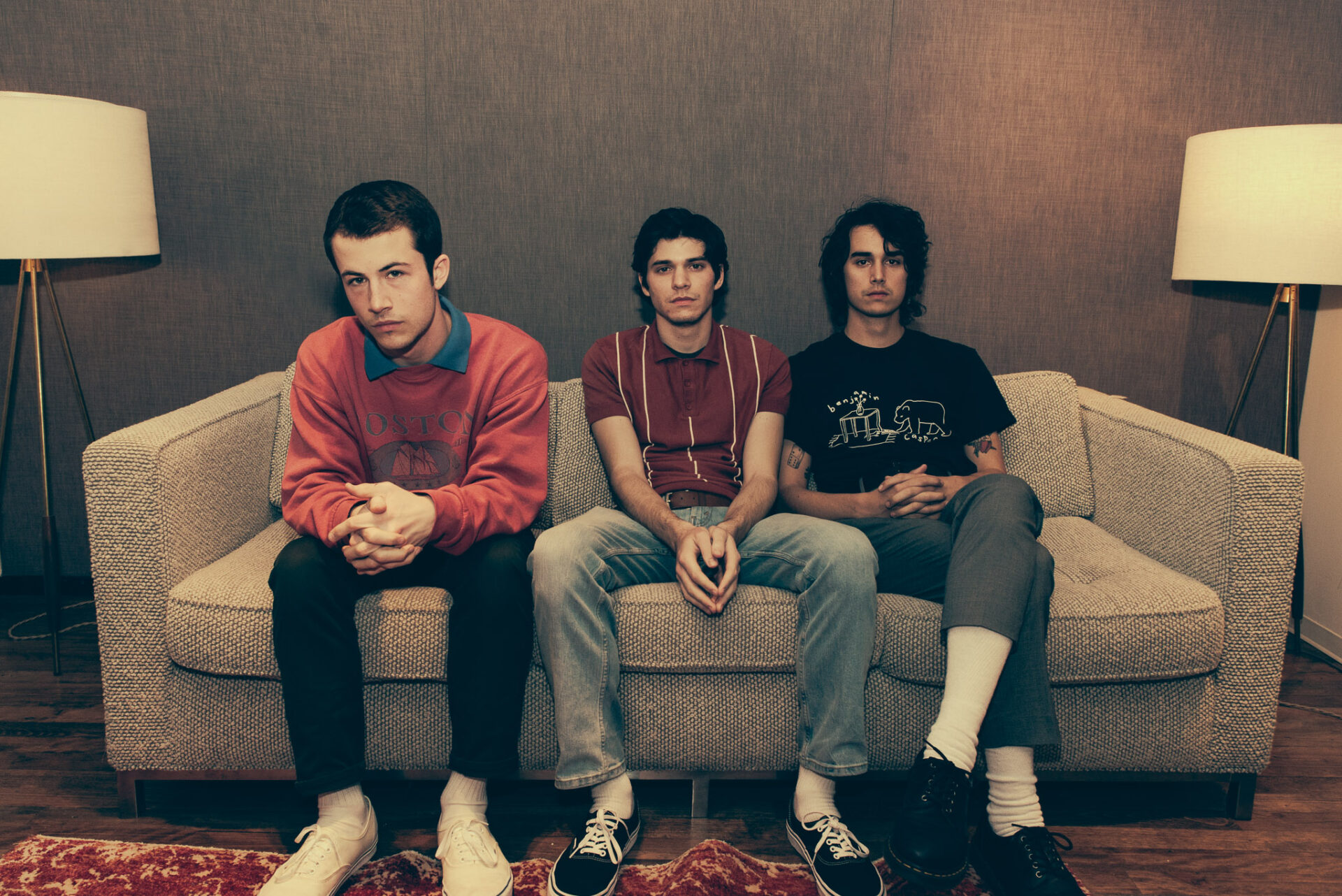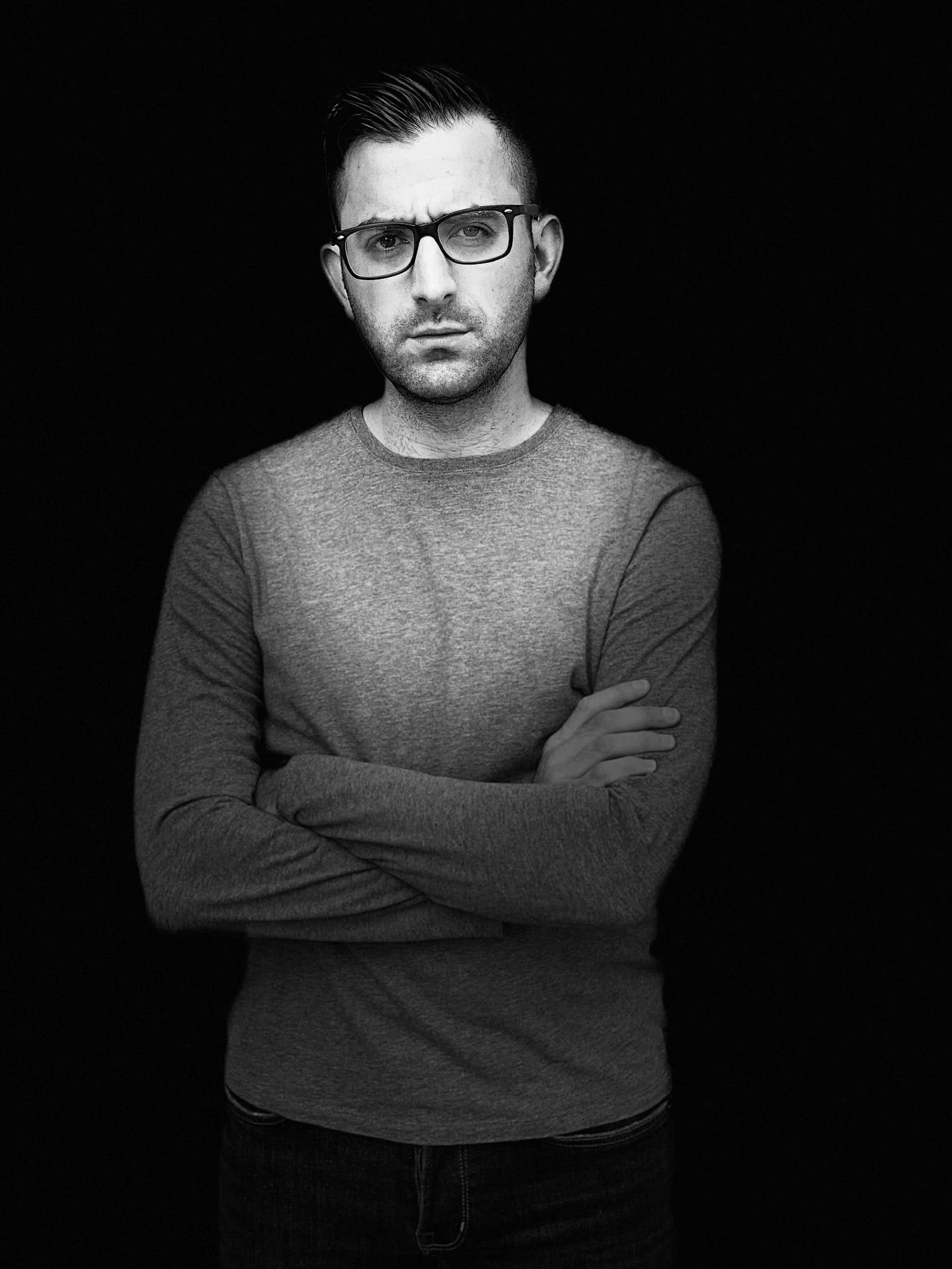Whether it’s zombie-infested derelict towns or apocalyptic accounts of extreme climate change, there’s no denying that dystopian films are a staple of modern cinematic consumption. While the public has always been drawn to science fiction movies, the recent upsurge in demand for post-apocalyptic scenarios seems to be growing at an exponential rate — so much so that older dystopian movies like Judge Dredd (1995), Mad Max (1979) and Blade Runner (1982) are experiencing 21st Century makeovers to satiate the appetite for doomsday flicks. The trend for post-apocalyptic dystopias has even had the honor of being mocked by The Simpsons, with Homer listing out every movie set in a dystopian future that has been released in the last few years.
Though these films offer little in the way of guidance or solutions for the public to deal with a world-changing event, people continue to fork out the cinema fee for movies that, for all intents and purposes, are solely designed to frighten and worry us. So why are we so intent on seeking entertainment in the misery of an uncertain and terrifying future?
It could be argued that this is because we are already in a kind of Orwellian dystopia, and that peering through these windows into alternate realities gives us an ability to reflect on our own conditions. We are regularly recorded, watched, and monitored; we are manipulated into buying products; and we know that politicians and corporate giants are corrupt. But there is little we can do, because we cannot agree on the management of our environment. Although most dystopian films intend to serve as a stark warning about mankind continuing on a certain path, perhaps they also give us a sense of hope that our existing systems could be changed, meaning that in some cases these futures do not necessarily equate to an undesirable result. In comparing out situations to those of the dystopian film, we can be either comforted by the knowledge that our current positions are not as bad, or encouraged by the thought that this temporary structure that we have created for ourselves could change in an instant.
Of course the anti-authoritarian sentiments outlined in Orwell’s 1984 provided excellent material for big-budget adaptations. The Hunger Games (2012) and Divergent (2014), with their resistant, combative characters who evaded and defeated authority, greatly appealed to their defiant audiences, thus spawning a new wave of dystopian-thirsty moviegoers seeking to rebel against oppressive and domineering authority figures. It is worth noting, however, that The Hunger Games’ concept was originally explored in the legendary Battle Royale (2000), which, in fairness, did not waste any time in storyline or character development by comparison.
The internet has played a huge part in our obsession with dystopia. Our faith in the technology we have created is perhaps a source of secret anxiety, because despite these huge advances, as a society we still appear to be unhappy and unhealthy. Moreover, we are now facing a potential new list of hardships, such as rampant consumerism, access to the dark web, and instant gratification, which acts as a drug. Consumers can now play games with people in different time zones while live-streaming channels such as Twitch, experiences that were only dreamt of back in the days of George Orwell and Ray Bradbury. This technology records our every move and transaction, making it possible for it to be turned against us at any moment, thus creating an uncertainty about our relationship with it.
While it is understandable that we continue to indulge in these extreme future fantasies, it might be worth bringing some balance to our appetites with utopian movies. One of the best examples of these types of film is the celebrated Demolition Man (1993), which has stood the test of time with its utopian Brave New World references, and continues to be a top favorite. A more recent foray into a utopian vision was Tomorrowland (2015), which received some lukewarm reviews. This is a genre that certainly needs exploring to lift the obsession with dystopian futures. Come on, Hollywood, lighten up.













